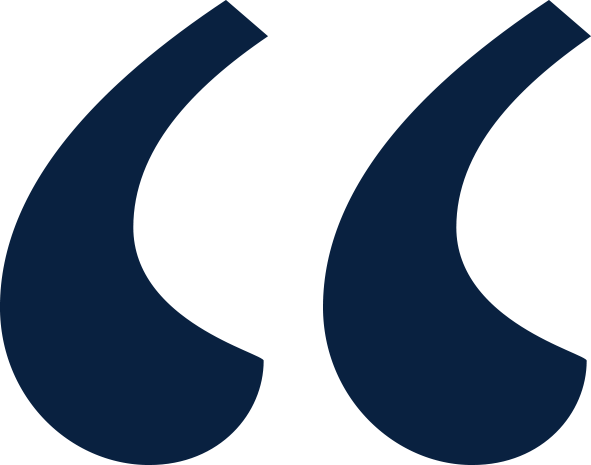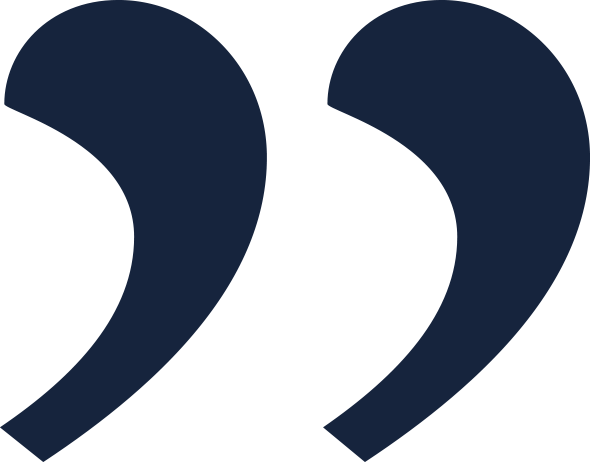|
Having just returned from a trip to Paris, I was reminded of the words spoken more than a century ago, standing beneath the vaulted ceilings of the Sorbonne, by former US President Theodore Roosevelt, in which he delivered a speech that still echoes through political manifestos, leadership seminars, and Instagram feeds alike. But it is one paragraph of that speech, a single stirring tribute to effort and resilience, that has endured beyond all others.

It is not the critic who counts…
The credit belongs to the man who is actually in the arena…

Known simply as “The Man in the Arena”, this passage has long been a rallying cry for athletes, entrepreneurs and public servants, those willing to risk defeat in the pursuit of something larger than themselves. But in our modern age, a time increasingly marked by burnout, disconnection, and digital cynicism, I wonder if a new interpretation might emerge: one that sees kindness itself as a courageous, even radical, act.
To speak of kindness today feels like it is to speak against the current. Our social and political climate - marked by division, outrage, and hyper-individualism - is not built to reward gentleness.
We live in an age that confuses cruelty with strength and equates “winning” with worth. Online, the sarcastic and the fractious often go viral, while good faith is mistaken for gullibility. Our short-attention economy prizes outrage over empathy, and the pressure to perform, to be efficient, productive and unflappable, leaves little room for vulnerability, much less kindness.
Economically, decades of rising inequality and job insecurity have produced what sociologist Richard Sennett called “corrosion of character”, a fraying of the social contract that once encouraged cooperation over competition. Politically, populism and culture wars have made kindness a suspicious act, derided as weakness, virtue-signalling or a move towards wokism.
From a psychological perspective, the constant exposure to distressing news and the pressures of curated social media have led to what experts now call “compassion fatigue”. In this climate, self-protection becomes the norm; empathy becomes a luxury. As philosopher Alain de Botton has suggested, we live in a world that rarely teaches us how to be kind; it teaches us how to succeed.
Kindness is rarely viewed as heroic, or as work that is worthy of Roosevelt's arena. It tends to be associated with niceties: handwritten thank-you notes, supermarket smiles, perhaps the occasional charitable donation. But scratch beneath the surface and a more muscular definition emerges, one that aligns not with meekness but with moral bravery.
Roosevelt’s man in the arena is bloodied and bruised. He dares, fails, and dares again. This is not unlike those who choose to lead with kindness in workplaces that reward toughness, or in public spaces where compassion is so often mistaken for weakness. To forgive when it would be easier to lash out; to listen when one could scroll past; to stand up for decency when the crowd shouts for cruelty, surely this is arena work.
But do the economics of empathy stack up? Even in boardrooms and policy circles, kindness is no longer seen as sentimental fluff. It is being reframed as a strategic advantage.
Organisational psychologist Adam Grant, writing in Give and Take, notes that “givers”, people who offer help without expectation, often outperform their more transactional peers in the long run. Empathy, it turns out, drives collaboration, innovation, and trust, precisely the qualities modern institutions need to survive in our current age of digital disruption.
|
Similarly, academic studies from the University of Sussex and Harvard Business School show that pro-social behaviour (like volunteering, mentoring or ethical leadership) boosts morale and reduces attrition. In a world where companies fight for talent and consumer trust, kindness is no longer a luxury; it’s a competitive edge.
But it’s not easy. It requires emotional labour, boundary-setting, and often going against prevailing norms. To speak truth with compassion, to set standards without shame, these are the marks of daring leadership.
It is tempting to imagine that only presidents, whistleblowers or civil rights leaders are “in the arena.” But Roosevelt’s framing was never about power, it was about presence. To show up. To try. To care, even when it’s inconvenient or risky. Or as Tennyson more eloquently put it: "to strive, to seek, to find, and not to yield."
Consider the schoolteacher who continues to champion every child in an underfunded system. The nurse who listens carefully, even on the twelfth hour of her fourth shift in a row. The teenager who speaks up for a bullied classmate. Their actions may not make headlines, but they reflect a quiet form of heroism, and one that is rooted in human dignity.
But why should we choose the path of kindness in a cynical world? Of course, kindness is not always rewarded. It can be misunderstood, mocked, or manipulated. But Roosevelt never promised the arena would be fair. Only that it mattered.
In an era of online vitriol, political polarisation, and economic precarity, kindness may feel quaint. But perhaps that’s what makes it radical. Not a retreat from reality, but a way of reshaping it. As Roosevelt put it:

The credit belongs to “the one who strives valiantly… who knows great enthusiasms… who, at the worst, if he fails, at least fails while daring greatly.

To be kind in a world that is not - this, too, is daring greatly. I write this not as a paragon of kindness but as someone who aspires to it, and often struggles. Like many, I have found it easier at times to be clever, guarded, even performatively detached, especially in professional environments where speed and decisiveness are prized above softness.
Yet I have learned, often through my own missteps, that kindness is not the absence of boundaries or opinions, but the presence of intention: the choice to treat others with dignity even when it is inconvenient. I value kindness because it has been extended to me in some vital moments, both when I needed it most and also at times when I did not deserve it - moments that changed me. It is not always my first instinct. But it is, increasingly, the measure by which I judge whether I am living according to the values I claim to hold.
|
